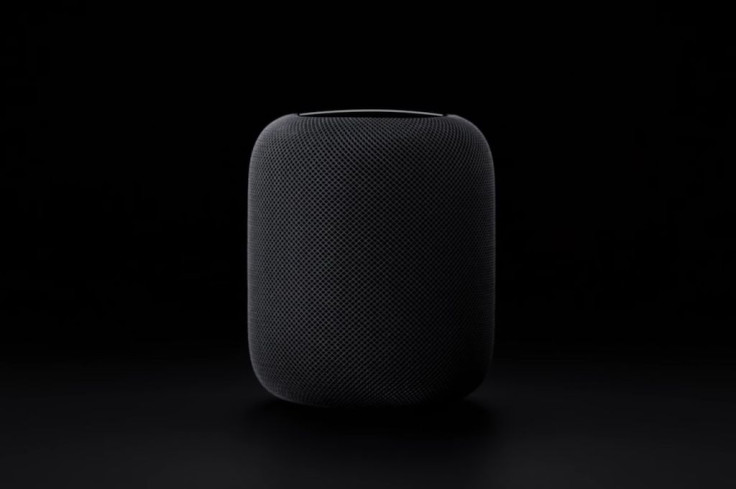Apple Was Allegedly 'Dithered' With The Development Of The HomePod

Apple took three years to develop its Siri-powered HomePod smart speaker. According to a new report, the HomePod was originally just a side project at Apple it wasn’t really intended to be an Amazon Echo competitor.
Sources told Bloomberg that the development of the Apple HomePod began in 2012. At the time, it was merely a side project, which is something that’s fairly common within the company. Sources also said that development for the HomePod was canceled and resurrected “several times” because Apple couldn’t figure out where it would fit within its current lineup of other products.
In 2014, Amazon surprisingly came out with the very first Echo smart home speaker that’s powered by the Alexa voice assistant. Sources said that Apple’s engineers who were working on the HomePod actually bought the Amazon Echo speakers to try and reverse engineer it and figure out how it was built. They allegedly found that the Echo speaker had inferior sound quality and started working on a better speaker. Despite that, the Amazon Echo became a huge hit with consumers and slowly became an essential in most smart homes.
Apple, on the other hand, was “dithered” on its own smart speaker. Sources said that the HomePod actually went through various designs, one of them allegedly being 3 feet tall. Apple decided to move forward with the development of the HomePod as the company believed that it would be another new product to keep its customer base loyal. Although the tech giant had all the resources to deliver an Amazon Echo competitor, Apple only saw the HomePod as another accessory like the AirPods earphones.
This might be one of the reasons why the Apple HomePod won’t be able to do most of the things that the Amazon Echo can. The Echo speakers already have thousands of “skills” or voice activated apps that allow users to do all kinds of tasks. Meanwhile, the Google Home and the Home Mini are both similarly capable as Amazon’s range of Echo speakers.
The HomePod, which is now set to arrive early next year, will only be capable of playing music from Apple Music streaming service, controlling Apple-optimized smart home devices and sending messages through an iPhone. An anonymous source told Bloomberg that "this is a huge missed opportunity.”
Although the HomePod may only be capable of limited functions when it launches, Apple seems to be serious on delivering superior sound quality. Apple’s engineers, which are composed of former employees of well-known speaker makers, concentrated on perfecting the “beam forming” audio technology. This type of tech will be able to direct sound in a room depending on where the speaker is placed.
When Apple decided to use beam forming technology, it began experimenting with different designs. At one point, the company allegedly considered releasing the HomePod under the Beats brand.
The consumer-ready version of the Apple HomePod is quite compact at nearly 7 inches tall and a little over 5 inches wide. Its design is in line with Apple’s other products and its sound quality has already received some praise from a number of critics.
The development of the HomePod seems to have been marred by Apple’s indecisiveness on how to move forward with the project. When the tech giant finally revealed it back in June, the company said it would be available this December. Last week, Apple announced that it has delayed the release of the HomePod for early next year.
Apple told International Business Times in a statement: “We can’t wait for people to experience HomePod, Apple's breakthrough wireless speaker for the home, but we need a little more time before it’s ready for our customers. We’ll start shipping in the US, UK and Australia in early 2018.”
Apple didn’t give out a specific reason why the HomePod’s release had to be delayed, but the company will be missing out on a big opportunity to sell more products this holiday season. Despite missing the holiday shopping season, Apple expects to ship four million HomePods in 2018, a person with knowledge of the matter told Bloomberg.
© Copyright IBTimes 2025. All rights reserved.



















